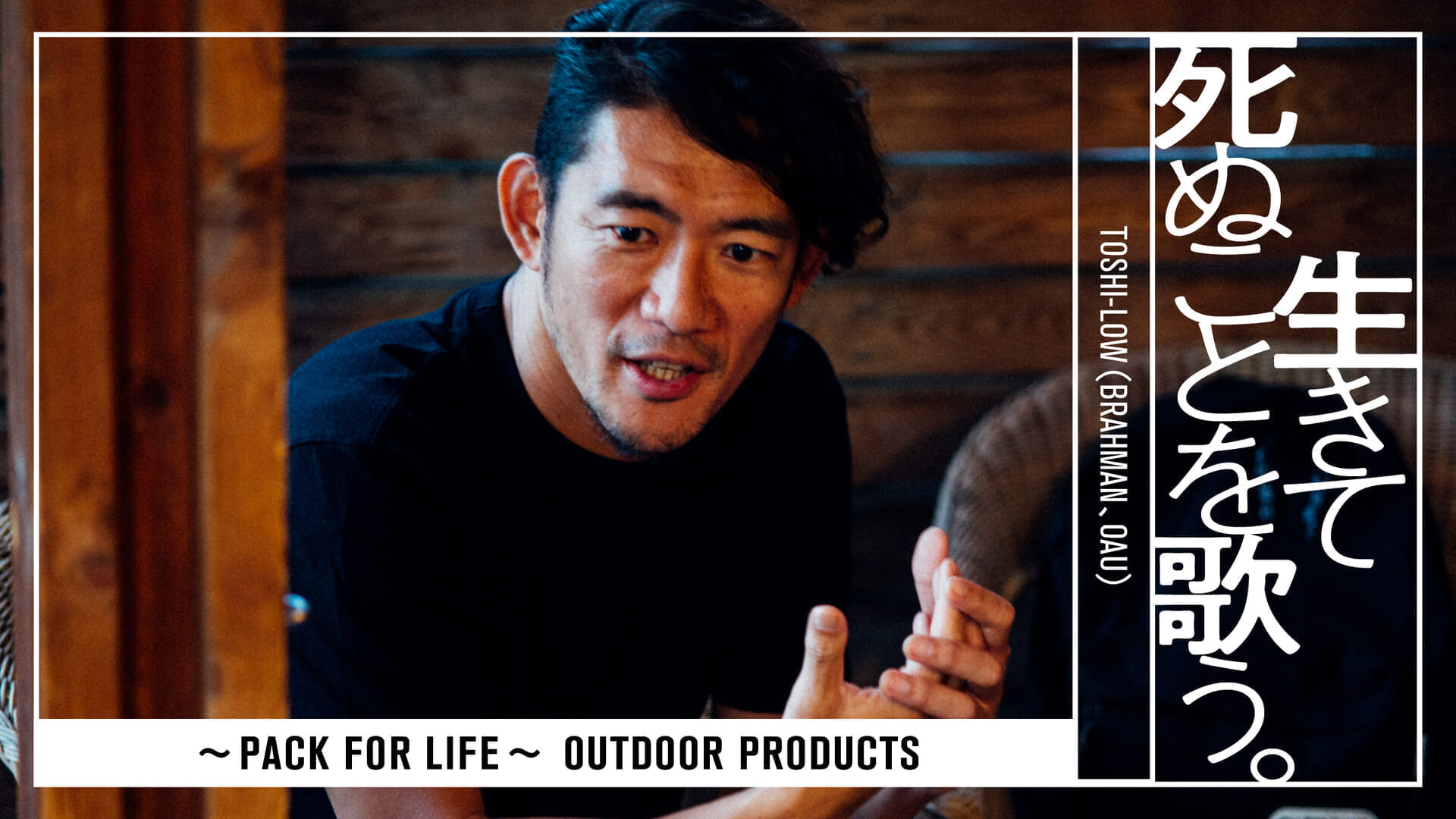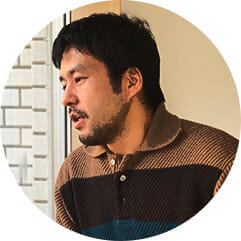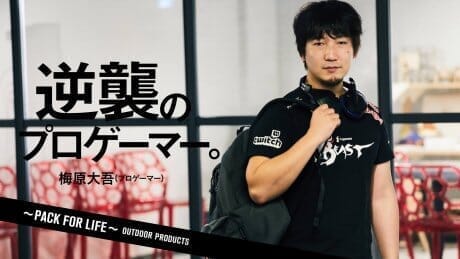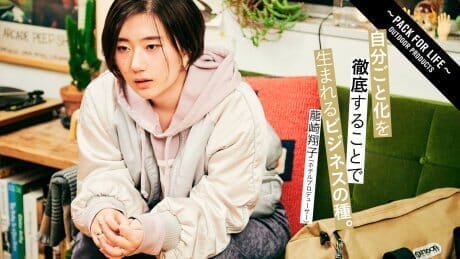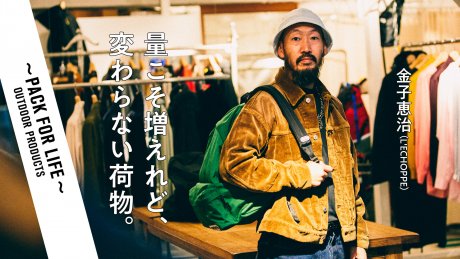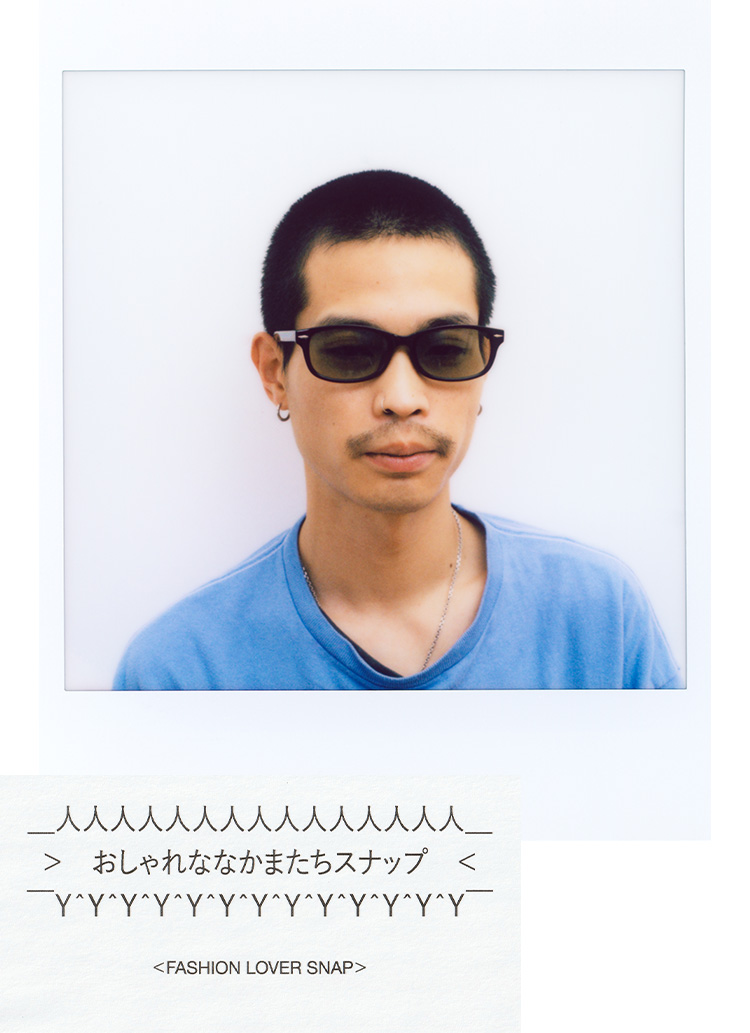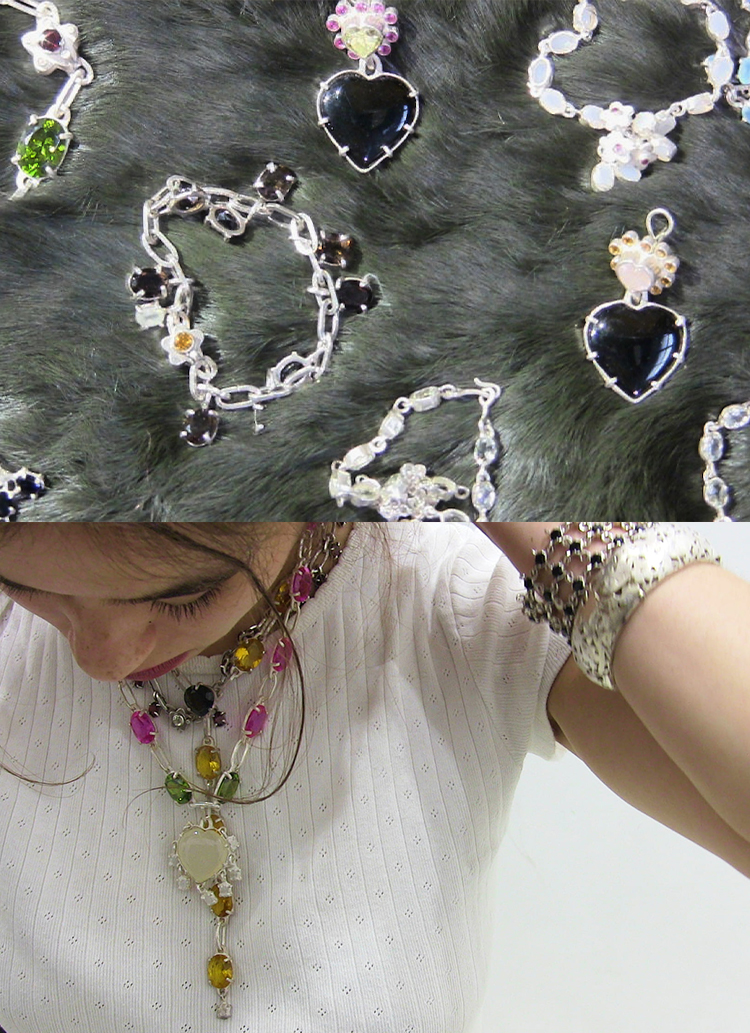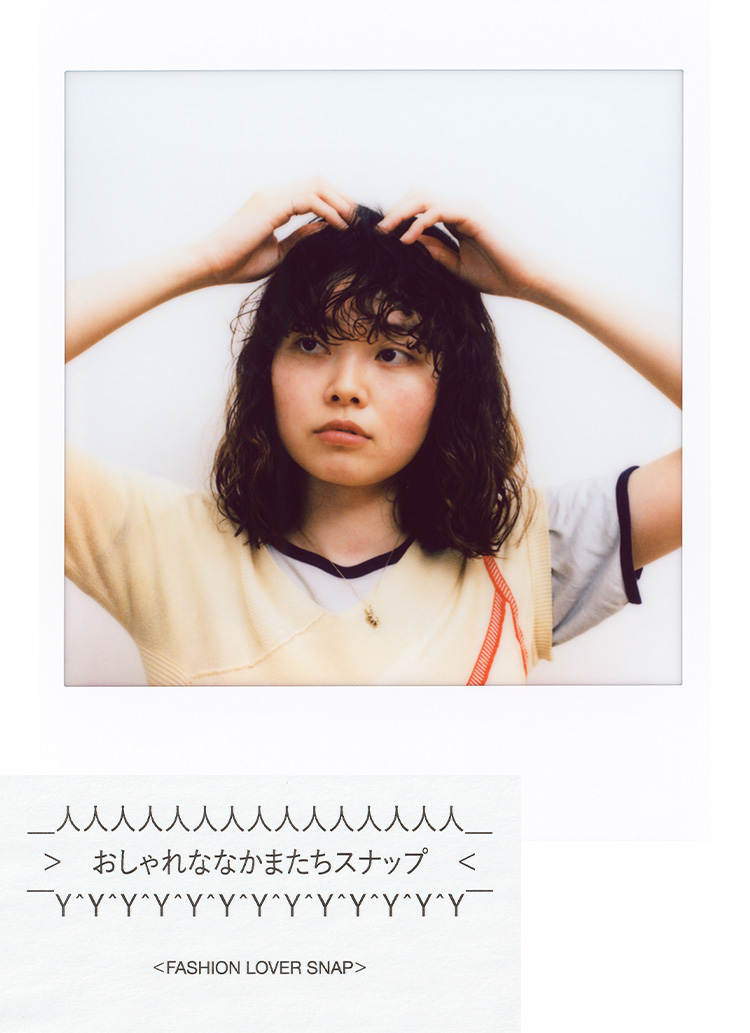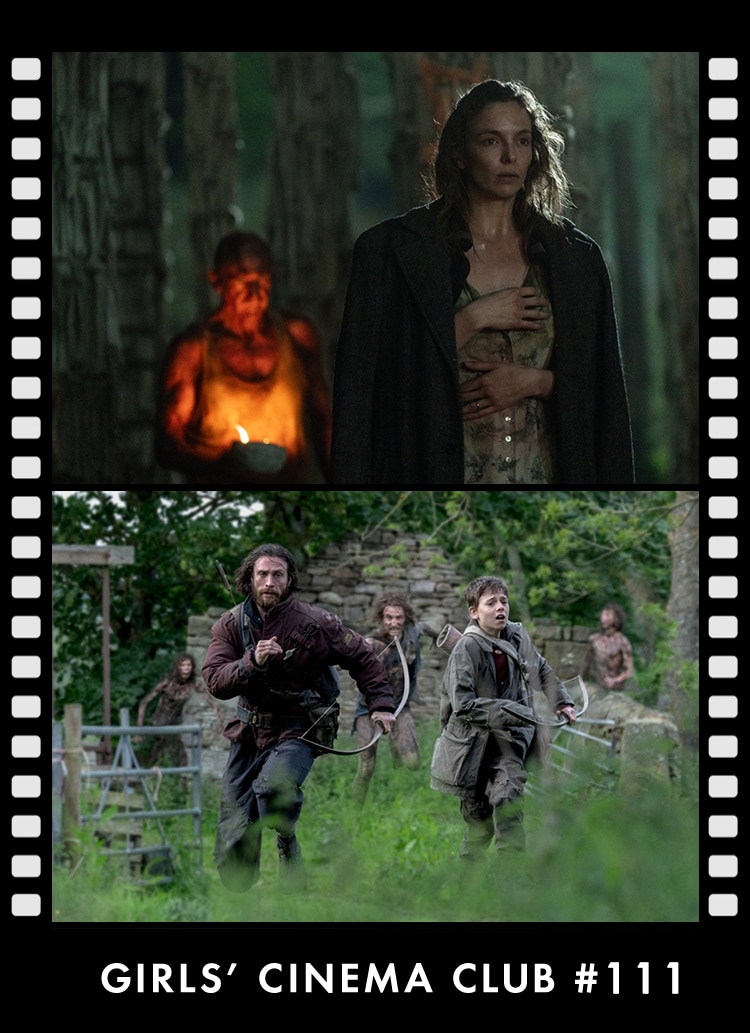Only about living and dying. I don't want to sing about anything else.

New Acoustic Camp is now in its 10th year, and has continued to experiment with ways to create a sense of spiritual fulfillment in a time when convenience tends to be a particular concern. OAU's new album "OAU", which marks the 15th anniversary of its formation, is a work that projects this spiritual richness into sound and words. This is an album in which all of TOSHI-LOW's steps and transitions that you have talked about are connected and infused into the music.
TOSHI-LOW:I think this album was what we wanted to do 15 years ago when we started OAU. But even if the same songs had been created 15 years ago, they would have been nothing more than a container, or perhaps they would not have been able to fulfill the contents as they do now, and 15 years would have been necessary for that purpose. The many trials and errors I tried during that time were all rewarded with the completion of this album, and all the failures I had made up to that point were for the purpose of arriving at this work. So, 15 years may seem like a long time, but I don't think it was a detour, and in fact, I feel that it is one of the few happy moments that occur when you have been in a band for a long time.

OAU" OAU (Toys Factory)
The theme songs of the New Acoustic Camp, "Kokoro no Hana" and "Midnight Sun," are sung from a father's perspective to his children, with strings, horns, and a children's chorus on "I Love You. The acoustic swing of "Traveler" tells a fairy tale-like story with clarity and depth, and the persuasiveness of the music is the unshakable backbone of the band's music, which is the result of their sincere efforts to face life and music.
TOSHI-LOW:For "I Love You," not only the chorus but also the strings and horns were played by kids called the Umegaoka Junior Orchestra. Years ago, Martin would have played the strings and horns himself, but he suggested that we use the kids' playing because it was so good. For songs like "Traveler" and others that I wrote lyrics for, I let myself go with the natural flow of human life, with a perspective that is constantly changing, rather than a glittering eternity. The words are more realistic that way, and just as the sound improves with use of an instrument, OAU has a great potential to pursue reality as it continues its activities. I think to myself that the OAU has become a vessel for our own expression, and has great potential.
The expression of BRAHMAN is a condensation of fleeting moments, whereas OAU is an expression that deepens in flavor as it matures. While there have been changes over the past 10 or 15 years, what is the core of your life that has remained unchanged and unwavering? And what preparations are you making for this?
TOSHI-LOW:What is consistent is the view of life and death. The only thing I want to sing about is living and dying. I don't want to sing about anything else. OAU has a lot of lyrics in cute hiragana, but when you get down to it, I think it is the same as what I write in BRAHMAN. Whether it is long or short, 20 years from now or at that moment, I am just pursuing what I will leave to myself while thinking about life and death. I hope to write even one song that will lead me to the answer to that question. I think what is necessary for that is to remember that I will die someday. I believe that life is not about preparing for that day to come, that it is not about dying, but rather about living, so what is necessary is how to make the most of life. I now believe that this is also facing death.


